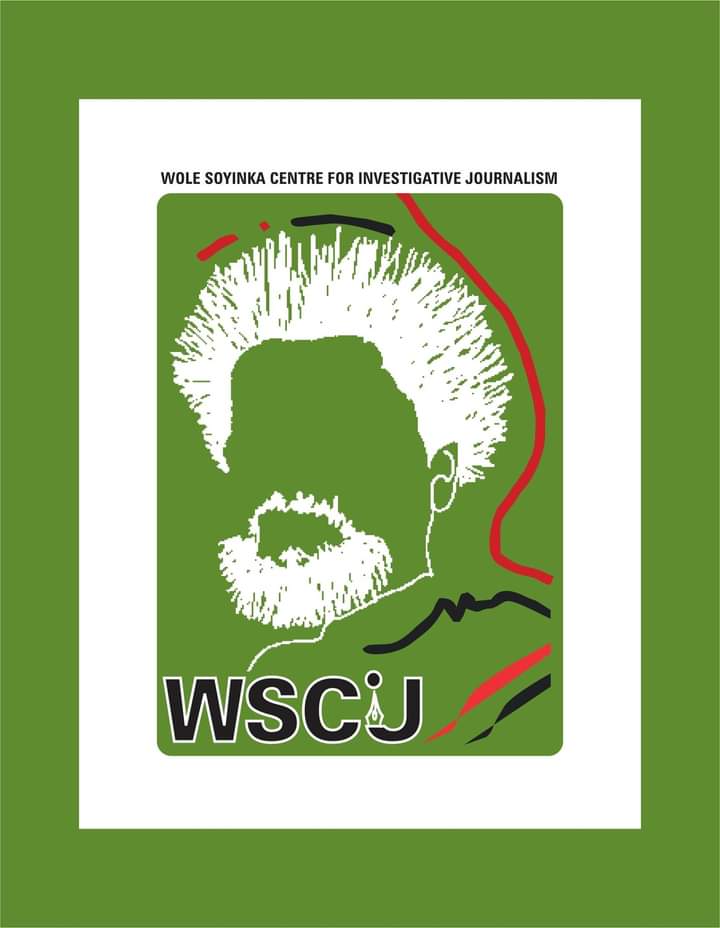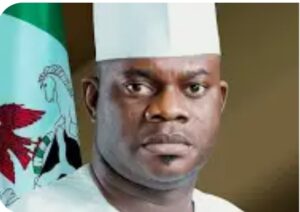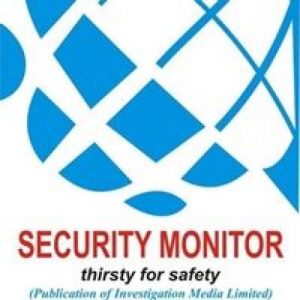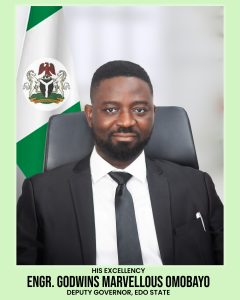WSCIJ Civic Space Guard report shows state actors stifle civil liberties and journalists are mostly attacked

The Civic Space Guard report on media monitoring report, which analysed 150 stories across 10 years (2012-2022) confirmed that state actors, especially representatives of the police, often infringe on civil liberties and journalists are the most targeted for such attacks. Stakeholders at the public presentation of the report by the Wole Soyinka Centre for Investigative Journalism (WSCIJ) held on Thursday 10 November 2022 also highlighted the critical role the media plays in protecting the civic space.
Reviewing the report, titled ‘Hushed voices and the media’s defence of the civic space’, Zainab Okino, Chairperson, Editorial Board of Blueprint Newspapers, said the civic space remains the cardinal anchor for democracy globally and must be protected at all costs as the call for good governance continues. She described the report as a noble attempt to provide a window into the past, serve as a present guide and provide a pathway into the future.
According to her, the civic space is the cardinal anchor for democracy anywhere in the world. It is imperative to protect it at all costs and by all means necessary. Individuals and groups working as members of civil society in whatever form or shape to enhance the robustness of democratic governance should also be encouraged to contribute in whatever way they can to engender conversations and dialogues within the democratic space.
Speaking on behalf of the funding partners, Kole Shettima, Director, MacArthur Foundation, Africa Office, commended WSCIJ for putting the report together. He explained that Luminate Group, MacArthur Foundation, Ford Foundation and Open Society Foundations Africa supported the project to ensure that civic space thrives in Nigeria. Meanwhile, Amara Nwankpa, Director of Public Policy Initiatives, Shehu Musa Yar’Ardua Foundation (SMYF), who coordinate the Joint Civil Defence Fund under which the Civic Space Guard project was funded, stated that civic space is at the core of its vision and mission.
In her opening remark, Motunrayo Alaka, Executive Director/CEO, WSCIJ, said the Civic Space Guard project’s object is to enable a robust civic space which is crucial for good governance, rule of law, active citizen engagement, and sustainable development. According to her, the report, which underscored media’s position as an independent protector of the civic space, showed attempts to shrink the space for engagements and feedback, with targeted attacks on the Nigerian media.
She chronicled WSCIJ’s efforts to protect and promote a healthy civic space saying the fourth and fifth editions of the Wole Soyinka Centre Media Lecture Series were themed ‘Media and civil liberties when the clouds of fear gather’ and ‘The Freedom of Information Act and the dictatorship of corruption’ to focus on civil rights. In 2017, WSCIJ built the #EndPoliceBrutality campaign into its 12th Wole Soyinka Award for Investigative Reporting (WSAIR) and supported the Cartoonists Association of Nigeria (CARTAN) along with the Goethe Institute to publish a collection of cartoons ‘Drawing the line for free speech: A reflection on Nigeria at 60’ in 2020. In the same year, it held the In-depth Media conference and WSAIR award, titled ‘Masked not silenced’ to protest state-actors’ attempts to silence the media. At the 16th edition of the Wole Soyinka Award for Investigative Reporting, and created the Civic Space Guard project in 2021.
Anthony Okechukwu Ojukwu, Executive Secretary, National Human Rights Commission of Nigeria (NHRC), represented by Benedict Agu, special Assistant and Head of the Monitoring department, applauded WSCIJ for the report. NHRC stressed the need to also document the commission’s efforts in defending victims, provide data on the age of victims and highlight specific cases of physically challenged journalists in subsequent reports.
According to Olusola Odumosu, Public Relations Officer of the Nigeria Security and Civil Defence Corps (NSCDC) asserted that there is a need for collaboration between the media, government and security agencies to achieve a more robust civic space. He said the media and Nigerians must support the efforts of the Nigerian government to proffer solutions to the myriads of crises the nation is facing.
A 2014 WSCIJ-Nigerian Investigative Journalist of the Year, Juliana Francis, urged journalists to protect themselves against legal troubles through evidence-based reports. On his part, the 2021 WSCIJ-Nigerian Investigative Journalist of the Year, Olukunle Akinrinade, stated that journalists owe society the truth as protectors of the civic space and must deliver on their mandates no matter how far they must go in search of truth. Another 2021 winner of the award, Mary Abayomi-Fatile, noted that journalists must remain ethical and shun inducements.
Chiamaka Onwuegbunam, Assistant Programme Officer with WSCIJ, appreciated the reviewer, stakeholders and all the guests for being part of the event, in her vote of thanks. She urged them to share the report within their network and engage with it.
As part of the Civic Space Guard project, WSCIJ held a conference with the journalists, activists, members of the police force and other citizens in Lagos on 28 April 2022 to discuss the theme of the report. Also, winners of the 2021 WSAIR, embarked on an international study tour to South Africa to network, learn and exchange ideas with their colleagues across Africa who converged on Johannesburg for the 2022 Africa Investigative Journalism Conference amongst other activities.








